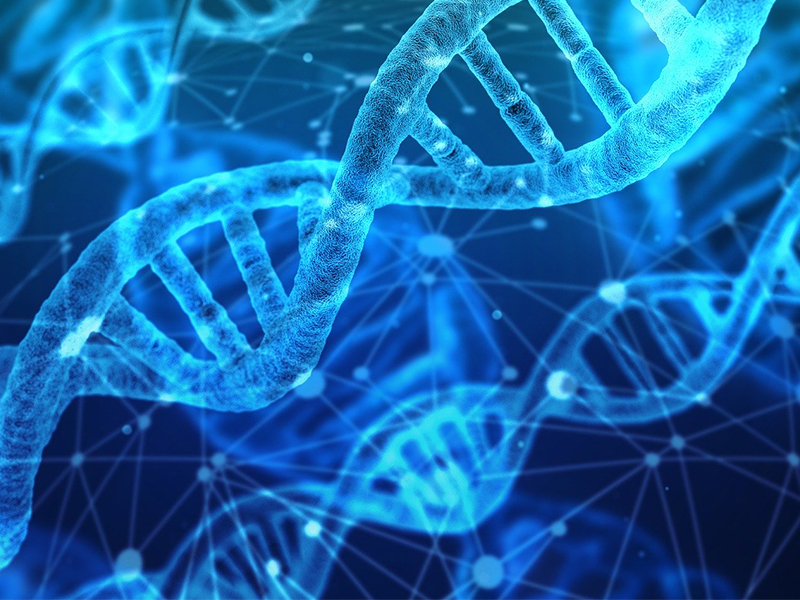
Genome Sequences Could Be Key to COVID-19
The secret to surviving COVID-19 could be locked in our DNA. Researchers are analyzing genome sequences to find clues about why some people are more susceptible to the virus. Right now, doing that work comes with a hefty price tag. But Praveen Rao is developing a way for more scientists to unlock that information for free.
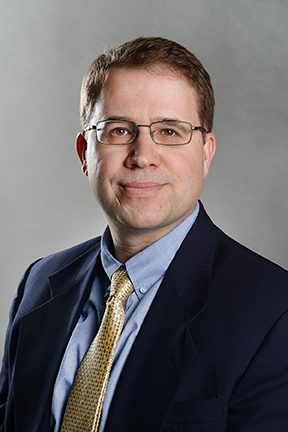
Engineer Promotes Earthquake Awareness
Brent Rosenblad, as associate professor in the Department of Civil and Environmental Engineering, chairs the Missouri Earthquake Preparedness Seismic Safety Commission. The commission was established in 1993 by the Missouri General Assembly to promote awareness of the risk of earthquakes and to take steps to mitigate damage in the event one occurs.
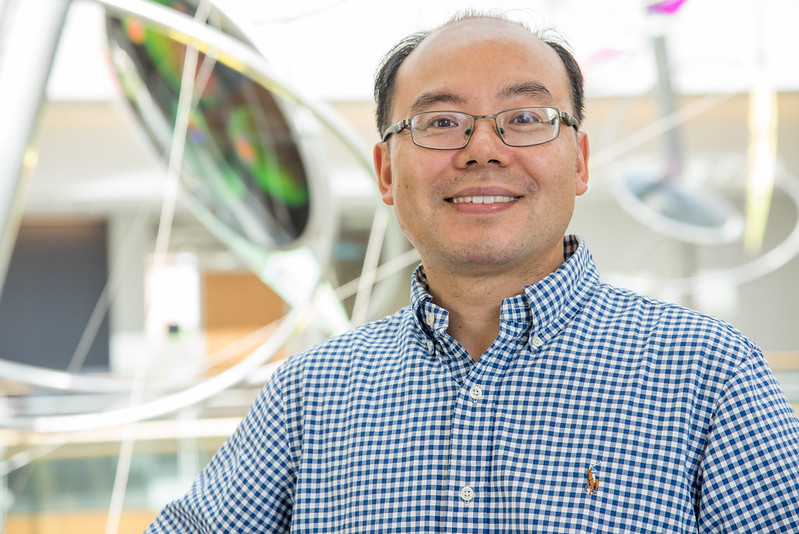
Flu researcher brings team together to tackle COVID-19
Professor Henry Wan has studied flu viruses for years, and he can assure you, coronavirus is not the same. It’s trickier. Less predictable And for many, deadlier. But there are insights scientists can glean from decades of research around the transmission of the flu. That’s why a team of Mizzou researchers is turning its collective attention to COVID-19.

Powering the Army of the Future
Professor Bill Ma in the Department of Mechanical and Aerospace Engineering is proposing new electric power technology to support Army operations in 2035. Solar energy is expected to meet the energy demand for a variety of equipment associated with Army multi-domain operations in the future.
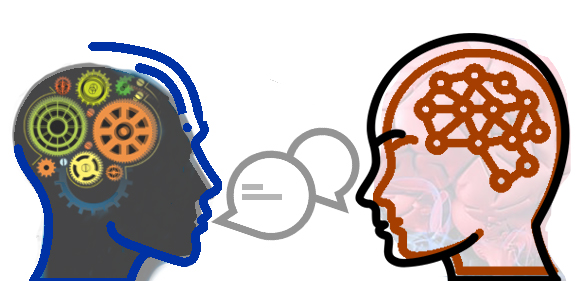
Mizzou Engineers Develop New AI Advisor
Want your smartphone to find a restaurant? No problem. Want artificial intelligence to help you plan a healthy diet on a grocery budget of $400 a month? You’re on your own. But research around artificial intelligence happening at Mizzou Engineering may change that. Associate Professor Prasad Calyam and his students from Electrical Engineering and Computer Science are developing an AI advisor that could help smartphones talk you through the tough questions.

Past Participants Tout Benefits of REU Program
Students from across the country will spend the next 10 weeks developing consumer networking skills. It’s part of a Research Experiences for Undergraduates, or REU, program at Mizzou Engineering funded by the National Science Foundation. And for some, it’s life changing.
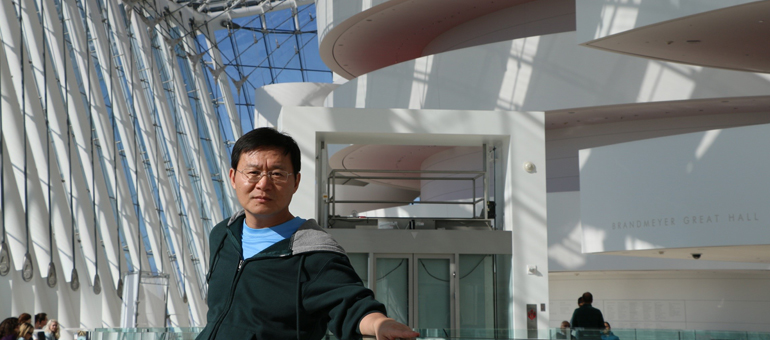
New Cloaking Material Could Protect Buildings, Soldiers
Stealth technology, the idea of reducing the ability of the enemy to detect an object, has driven advances in military research for decades. Today, aircraft, naval ships and submarines, missiles and satellites are often covered with radar-absorbent material, such as paint, to hide or cloak them from radar, sonar, infrared and other detection methods. A cloak is a coating material that makes an object indistinguishable from its surroundings or undetectable by external field measurements.
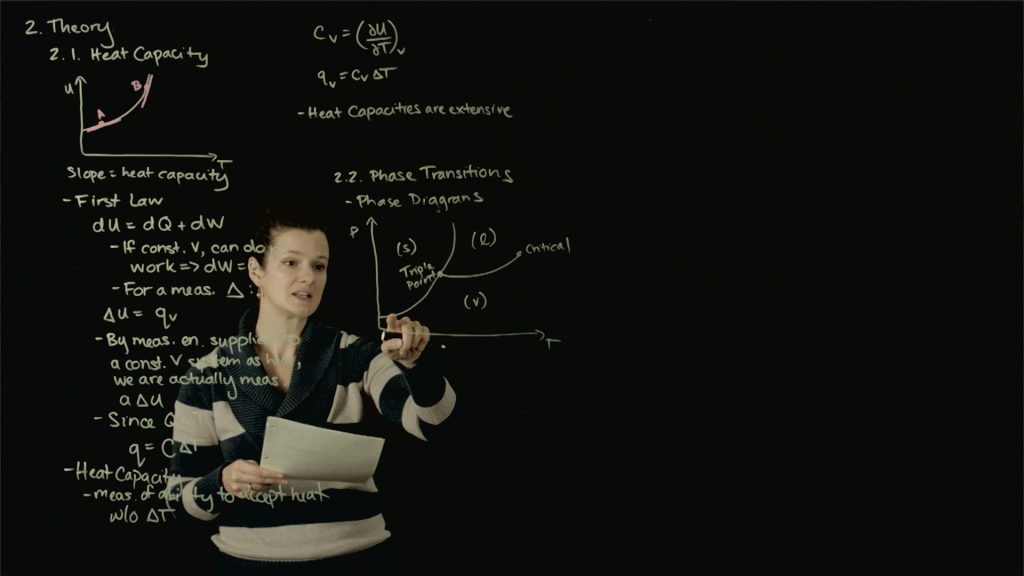
Switching Modalities Mid-Term to High-Quality Online Leads to Similar Learning Outcomes
Students who switch from face-to-face teaching to high-quality online even within a semester show similar learning outcomes – yet overall prefer the online setting, a new study has found. This spring, when the COVID-19 outbreak forced the University of Missouri and other institutions of higher education to move all courses to digital learning (fully online or remote teaching), the team’s research suddenly became extremely relevant.
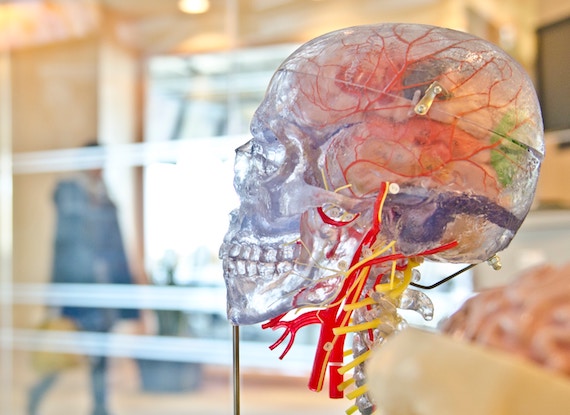
Feeling anxiety? Reverse-engineering the brain could help
The anxiety you may be feeling right now in the midst of the COVID-19 pandemic stems back to our prehistoric need to survive. Biologists have explored this principle for decades. Those breathing techniques that your mobile app, HR office or best friend might be recommending? They can help—psychology studies have proven this. But what’s happening inside your brain during those deep breaths? That’s a problem for engineering.
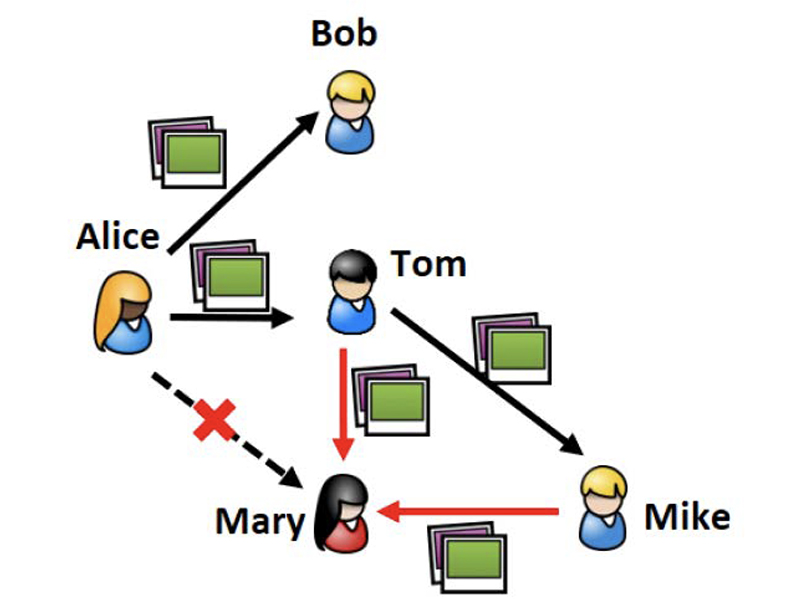
How to Stay Private While Sharing on Social Media
More people are turning to social media for human interaction during stay-at-home orders, but one Mizzou Engineering researcher warns that oversharing gives scammers opportunities to steal your private information.